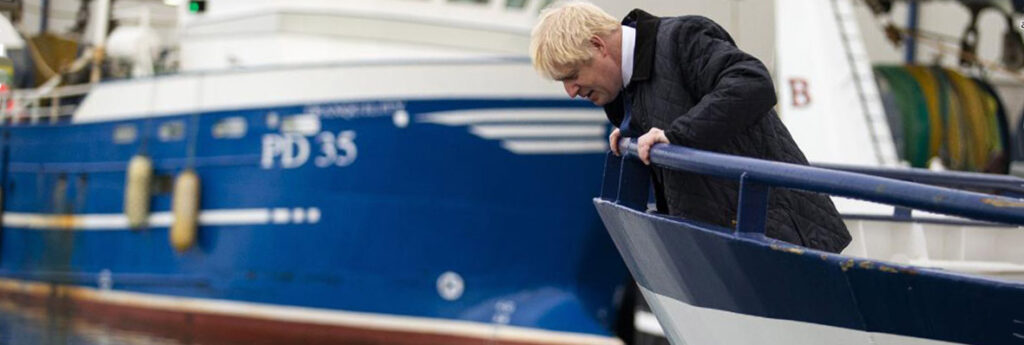Prime Minister Boris Johnson wants to build a national flagship to travel the world’s oceans promoting British trade and investment. But critics are suggesting it is he who is at sea.
Johnson announced his plans over the weekend, saying the vessel would be the first of its kind and reflect the U.K.’s “status as a great, independent maritime trading nation.”
“Every aspect of the ship, from its build to the businesses it showcases on board, will represent and promote the best of British – a clear and powerful symbol of our commitment to be an active player on the world stage,” he said in a statement.
While Johnson didn’t put a price tag on the flagship, British media reported it would cost about £200 ($343) million.
The project harkens back to a previous golden age, where the royal yacht projected the majesty of Empire when Britannia ruled the waves.
That’s precisely the problem, according to Peter Ricketts, a retired diplomat and independent member of the House of Lords.
“I think the fact that no other country has a ship like this is because the idea is now so long out of date and there are more modern ways of presenting the high tech face of Britain to the world,” he said Sunday during an interview with the BBC.
Besides, Ricketts said, if Britain needs a flagship it already has one – the aircraft carrier HMS Queen Elizabeth. The £3 ($5.1) billion vessel was christened in 2014.
The Independent, an online publication, lampooned the proposal, accompanying its story about the announcement with a video of Johnson and a visiting European Union official climbing into a rowboat and paddling around a pond.
Johnson said the bidding process for the contract to build the ship would begin later this year and the vessel will enter service sometime in the next four years.
The ship, which will be crewed by the Royal Navy, could travel to international ports in conjunction with prime ministerial visits, provide a venue for international summits and host trade fairs, Johnson said.
The opposition Labour party suggested taxpayer money could be better spent.
“We want to see public money used for targeted investment in a green economic recovery, resources for our (National Health Service) and supporting families to succeed,” lawmaker Bridget Phillipson said. “If this ship is going to be part of a genuine plan for Britain’s future, the government must set out clearly how it will boost trade, jobs and growth in every corner of our country.”
The last royal yacht, HMS Britannia, was decommissioned in 1997. It visited more than 600 ports in 135 countries during its 44 years of service.

